Pulse Picks: 10 worst performing Ghanaian Ministers of 2020
)
The 125-number include Regional ministers, deputy regional ministers, substantive ministers and their deputies, and ministers of state at the presidency/ministry.
He beat his predecessor, John Mahama who had 84 ministers – deputies included by 26 appointees.
Critics bemoaned the cost of the huge government size on the already crippling economy which the President himself had alluded to several times.
However, Mr. Akufo Addo said that the magnitude of problems he inherited from the National Democratic Congress government led by John Mahama, he would need more men to remedy them.
While some of the numerous ministers have done well in the sectors they have presided over since their appointment, others have not proven their worth.
READ ALSO: Election 2020: Media exhibited "biased coverage in favour of the NPP or the NDC" – EU observers
Here is a list of ministers who have hardly done anything significant to justify their appointment.
1.Minister for Planning, Prof. George Yaw Gyan-Baffour.
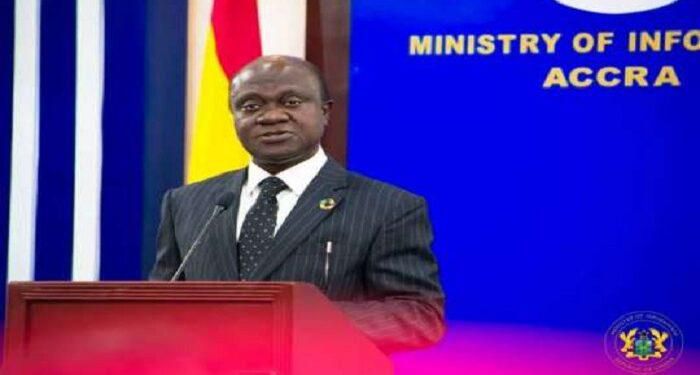
The Ministry for Planning was one of those created by President Akufo Addo when forming his government, and right from the beginning, issues have been raised about its relevance since there is the National Development Planning Commission already whose work successive governments have not utilised.
It was and continues to be unimaginable why a Ministry of Planning would exist alongside the National Development Planning Commission and what distinct roles they would be playing without duplicating their functions.
Truly, just as the National Development Planning Commission, the Ministry of Planning headed by George Yaw Gyan-Baffour has not done anything so significant over the period to justify the creation of the ministry and appointment of a minister and deputy ministers.
2.Minister for Works and Housing, Samuel Atta Akyea.
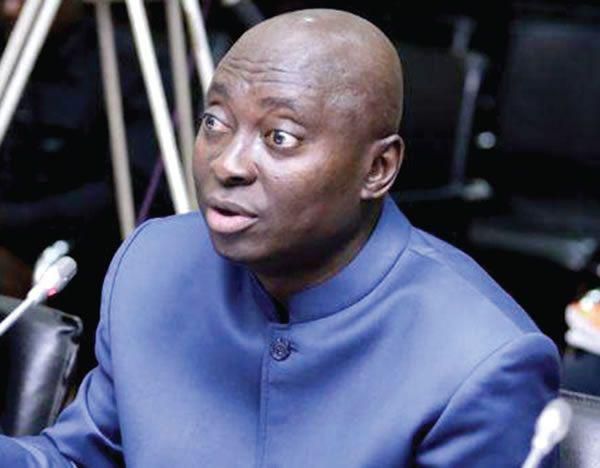
The Ministry of Works and Housing is tasked with the conceptualisation and classification of policies and programmes for the systematic growth of the country's infrastructure including housing.
Since his appointment as the minister responsible for the ministry, one can hardly pinpoint one particular achievement of the minister to alleviate the housing challenges of Ghanaians. He is only heard most of the time complaining about the previous government having mismanaged resources on affordable housing projects.
READ ALSO: ‘It’s your talent and Inshallah’ – The uncertainty of football in the Buduburam refugee camp
Housing issues remain one of the biggest challenges of the average Ghanaians and the so-called affordable houses built by the state are only affordable to the politicians who already feed fat on the poor taxpayers' resources.
3.National Security Minister, Albert Kan-Dapaah.
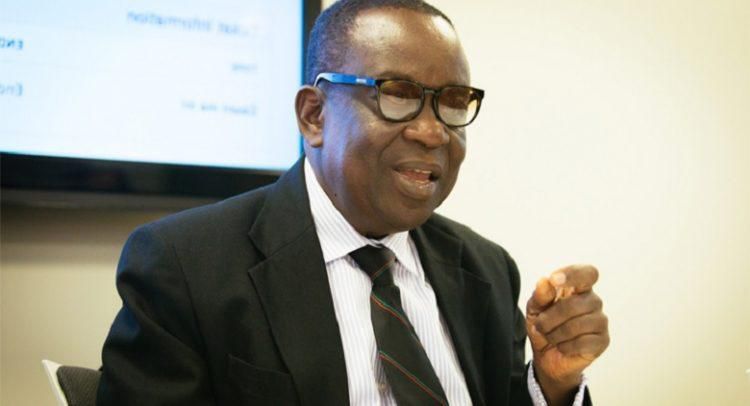
The Ministry of National Security is basically to promote political tolerance, stability, security and peace in Ghana through intelligence gathering and proactively averting incidents that have the potential to disturb the peace of the country. It is also to ensure citizens feel safe at all times.
However, the core mandates of this ministry under the leadership of Kan-Dapaah cannot be said to have been achieved. Many people have been killed including journalists, politicians, and other citizens, while some have been maimed through political party miscreancy and so on.
The activities of separatist groups and political clashes have also been a topic that does not put Ghana in good light.
4.Interior Minister, Ambrose Derry.
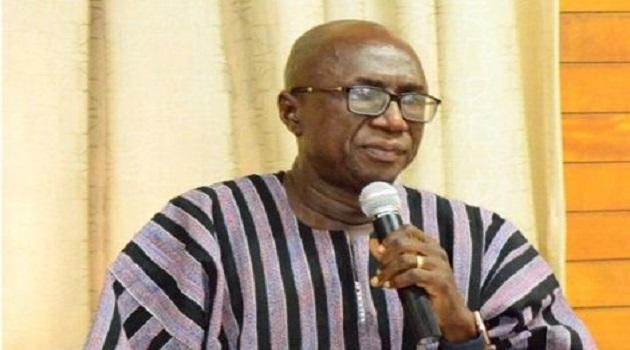
The Ministry of Interior is mandated to ensure internal security, as well as the maintenance of law and order in the country.
Ghana is not experiencing civil war but several activities that have occurred over the past four years do not show that the Interior Ministry and the minister are capable of maintaining law and others and ensuring internal security.
The proliferation of small arms, politicians firing guns at public events sporadically and endangering armless civilians, activities of political party hooligans, most of whom the police cannot touch, politicians forming and training their own militias to use for violence, activities of separatist groups increasing cases of armed robbery and killing of victims and many more continue to be of great concern.
5.Senior Minister, Yaw Osafo-Maafo.
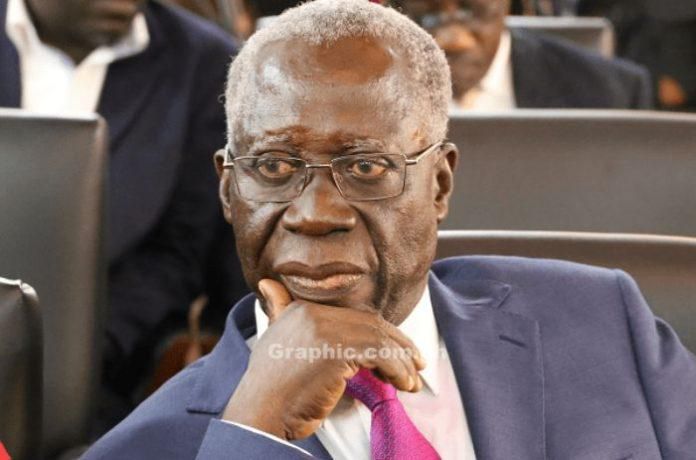
The senior minister position is alien to Ghana, and since President Akufo Addo introduced it, he has not told Ghanaians what Yaw Osafo-Maafo is mandated to do so that Ghanaians can hold him accountable.
Over the past four years of the NPP administration, there is no visible achievement that one can pinpoint as what Yaw Osafo-Maafo has done to warrant being on the poor taxpayer-funded payroll with a huge end of service benefit if he leaves office.
6.Monitoring and Evaluation Minister, Dr. Anthony Akoto Osei.
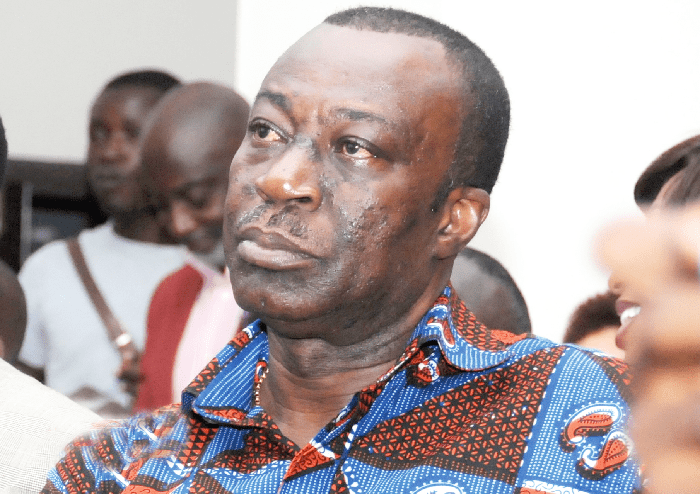
This is also one of the new ministries created by Akufo Addo and it generated controversy, with the minister himself expressing confusion at a point about what exactly his role as the minister was supposed to be.
As the name suggests, it is supposed to monitor the government’s policies and evaluate their success or otherwise.
Since its creation and appointment of Dr. Anthony Akoto Osei as the substantive minister, the ministry has done nothing to boast of over the past four years.
Monitoring and evaluation is not such a significant work that should warrant setting up a whole ministry and all that it comes with, since every project undertaken by the government is led by a ministry and each ministry has monitoring and evaluation departments already.
7.Minister for Regional Reorganisation and Development, Dan Botwe.
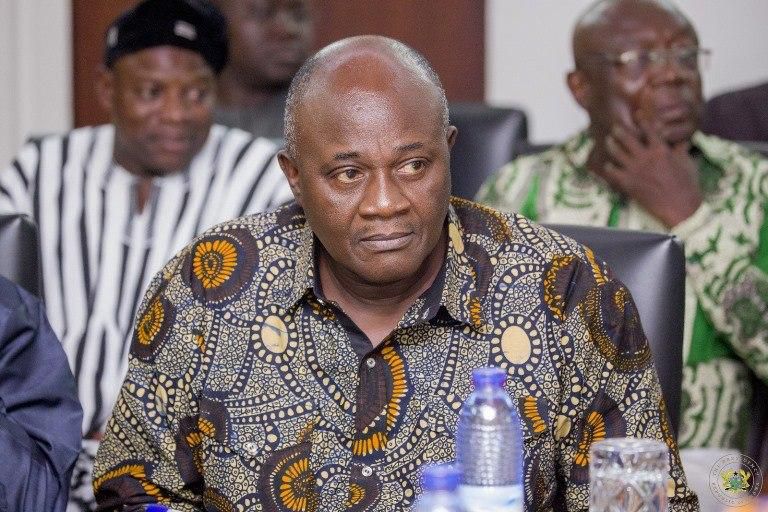
The Ministry of Regional Reorganisation and Development was established in 2017 to oversee the creation of six new regions which it has delivered, but after the regions have been created and ministers appointed for all of them, the continuous existence of the ministry has been called to question.
Dan Botwe is on record to have insisted that the ministry is still relevant for the development of the six nearly created regions, but that view is flawed because once the regions have ministers, they become just like any other established region with their ministers representing the government.
8.Minister of Fisheries and Aquaculture Development (MoFAD), Elizabeth Afoley Quaye.
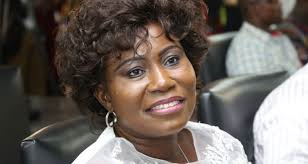
The Ministry of Fisheries and Aquaculture Development was carved out of the Ministry of Food and Agriculture to deal with the myriad of challenges that face the fishery industry since fish is one of the major foods in high demand.
Since her appointment as the sector minister in 2017, Elizabeth Afoley Quaye’s main role is to bring interventions that will improve the fisheries sector to grow the economy. In the last four years, very little has been done to curb light fishing which has proven to be very destructive.
Again, the issue of premix fuel distribution is still not solved. She has seen ensured the distribution in some parts of the country but others seem neglected.
Also, she failed to get her ministry a share of the National cake. Many ministries have been inculcated into modules made to create jobs. We have planting for food and jobs for farmers, youth in afforestation is there too but no module was reserved for those in the fisheries industry.
9. Minister for Special Development Initiative, Mavis Hawa Koomson.

Her ministry was also one of those created by President Akufo Addo in 2017 with the mandate to formulate and coordinate policies, plans and programmes for the implementation of governments’ priority initiatives and constituency specific projects under the Infrastructure for Poverty Eradication Programme (IPEP) through the three Development Authorities.
She is overseeing the one million dollars per constituency initiative which is aimed at improving infrastructure and other development needs of Ghanaians living in the rural areas of the country.
Over the past four years of the NPP administration, not much can be seen in the rural areas as a result of either the one million dollars per constituency initiative or the creation of the ministry itself.
10.Minister for Inner-Cities and Zongo (MICZD), Dr. Mustapha Abdu-Hamid
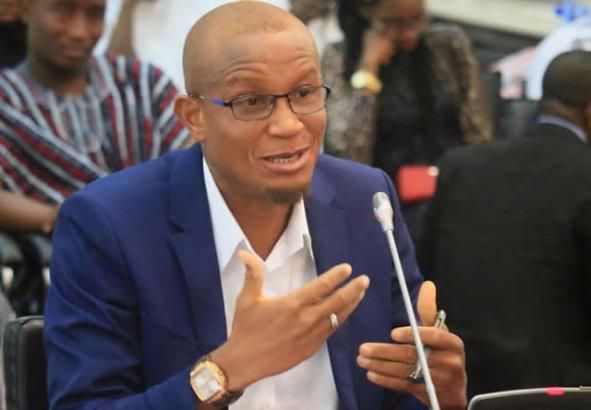
This ministry was also one of the new ones created in 2017 by Akufo Addo to deal with the numerous challenges facing Ghanaians living in deprived communities called Inner-Cities and Zongo.
Its mandate is to take infrastructure development to those areas to enhance their living standards and give them equal access to the nations, resources.
However, four years on, not much development has been carried out in the Inner-Cities and Zongo. Life in those communities continues to worsen and breading crimes and other social vices.
The only thing this ministry can be credited for is the ongoing construction of some astroturfs in certain parts of the country, and aside from that, no visible improvement can be seen in the Inner-Cities and Zongo as a result of the creation of the ministry.
)
)
)
)
)
)
)
)
)
)
)
)
)
)
)